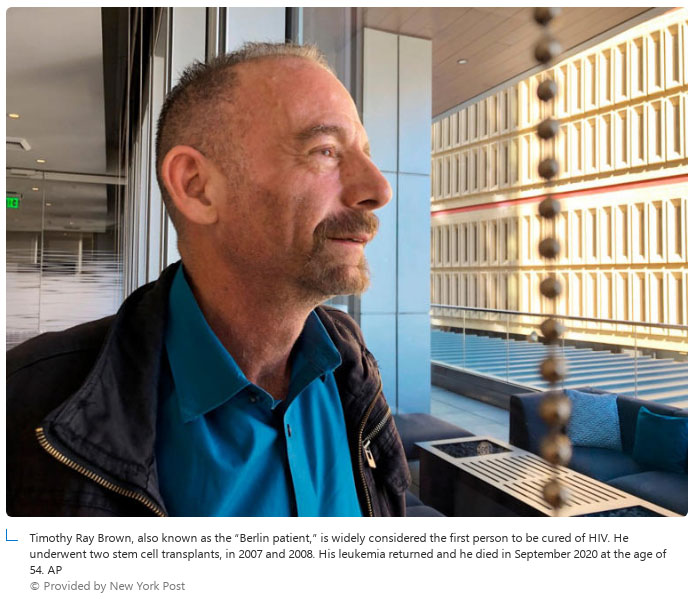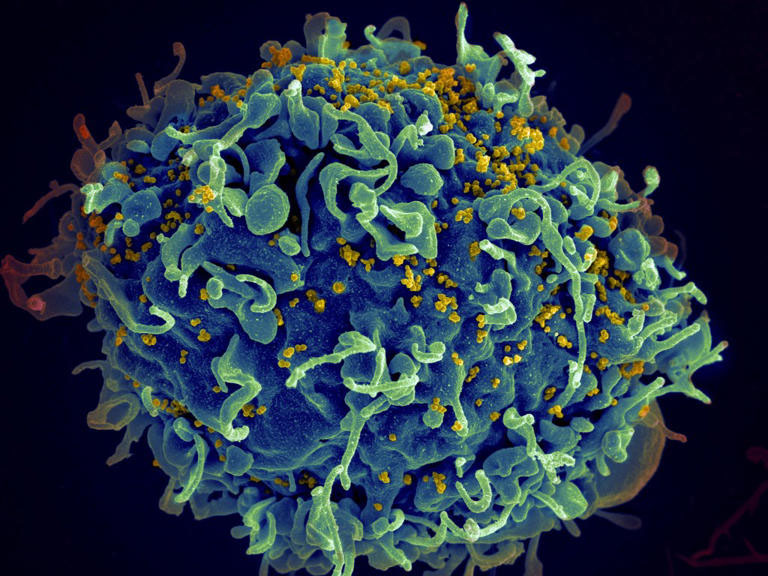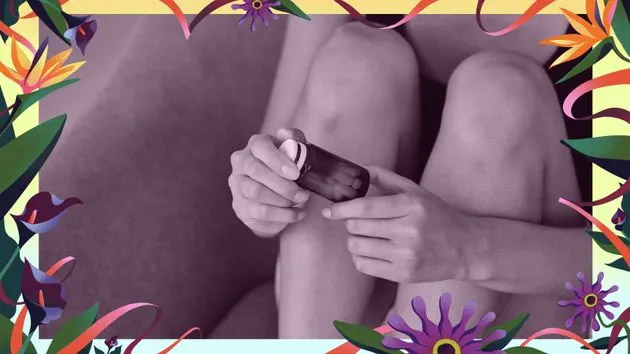
LA County increased access to an opioid antidote 500% in 3 years. Is that why overdose deaths leveled off?
August 4, 2024
Project 95: Empowering Health, Ending HIV
August 9, 2024
A seventh person has essentially been cured of HIV after receiving a stem cell transplant nearly a decade ago, doctors announced Thursday.
The 60-year-old unidentified German man was suffering from acute myeloid leukemia when he underwent the risky procedure to replace his unhealthy bone marrow in October 2015.
He quit taking anti-retroviral drugs — which stop HIV from reproducing — in September 2018. He remains in viral remission and appears to be cancer-free.
“A healthy person has many wishes, a sick person only one,” the man, who wishes to remain anonymous, said of his progress.
Dr. Christian Gaebler, a physician-scientist at the Charité-Universitätsmedizin Berlin, is slated to present the case next week at the 25th International AIDS Conference.
“The longer we see these HIV remissions without any HIV therapy, the more confidence we can get that we’re probably seeing a case where we really have eradicated all competent HIV,” Gaebler said.
At a news conference last week, International AIDS Society President Sharon Lewin cautioned against using the word “cure.”
Still, she said, being in remission for more than five years means he “would be close” to being considered cured.


Robot controlled by human ‘brain on chip’ is a world first: scientists
There is one major difference between the German man’s case and most of the rest.
Five of the other six patients received stem cells from donors with two copies of a rare genetic mutation that stops HIV from replicating.
The German patient is said to be the first to have received stem cells from a donor with just one copy of the mutated gene — and he had a copy of the gene himself.
About 1% of Caucasians have two copies of the defective gene, while 10% to 18% of people with European heritage are estimated to have one copy of the gene, thus expanding the potential donor pool.
Some 39 million people around the world are living with HIV, the virus that causes AIDS. Very few will be able to access this treatment, as it is reserved for those with HIV and aggressive leukemia.
Others who have been ‘cured’ of HIV

- Timothy Ray Brown, also known as the “Berlin patient,” is widely considered the first person to be cured of HIV. He underwent two stem cell transplants, in 2007 and 2008. His leukemia returned and he died in September 2020 at the age of 54.
- Adam Castillejo, a k a the “London patient,” received a bone marrow transplant for his lymphoma in 2016. He is in his mid-40s.
- Marc Franke, the “Düsseldorf patient,” underwent a stem cell transplant in 2013 to treat his leukemia. The 55-year-old stopped antiretroviral therapy in 2018 and was declared “cured” last year.
- Paul Edmonds, a k a the “City of Hope patient,” had his stem cell transplant in February 2019 and has been publicly declared cured of HIV.
- The “New York patient,” the first woman and person of mixed-race ancestry to be “cured,” received a stem cell transplant in 2017 to treat leukemia.
- The “Geneva patient” is a man from Switzerland who underwent a stem cell transplant in 2018 for blood cancer.




